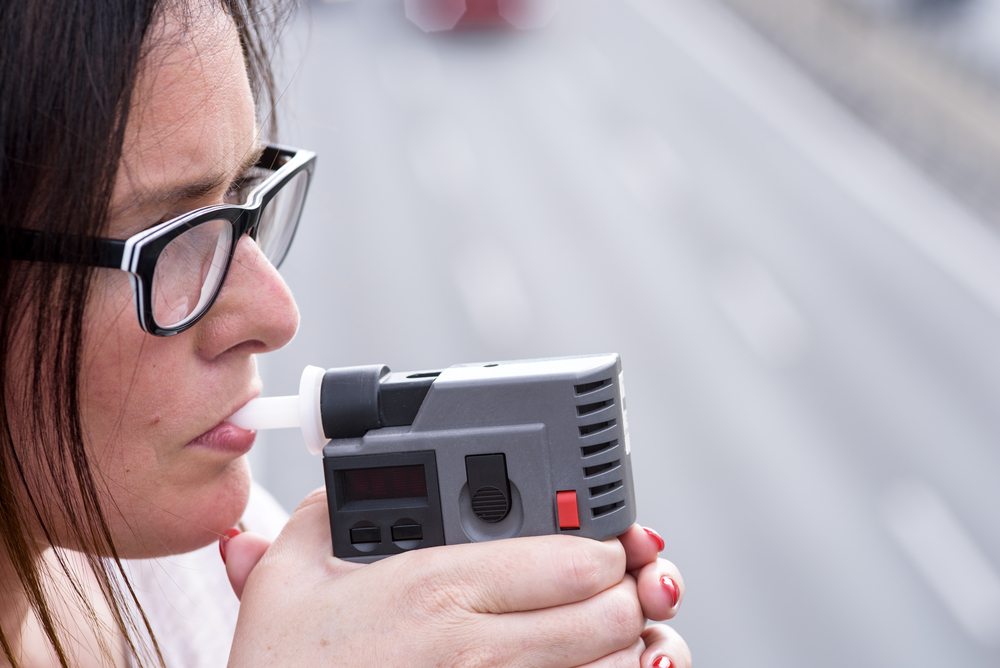How Do Ignition Interlock Devices Work?

A sentence for driving under the influence may require a driver to use an ignition interlock device. This device is often unfamiliar to people who have never been convicted of a DUI. Before you agree to a plea bargain or begin your sentence, learn what you can expect when using the interlock device.
An ignition interlock device resembles a breathalyzer for your car. It has a small tube that you breathe into, connected to an electronic box. When you get the ignition interlock installed, the technician will hook it up to your car’s ignition system. Each time you start the car, you must breathe into the tube. The device checks the level of alcohol particles detected in your breath. If you have not been drinking, the car will start. If you have been drinking to a point that the device detects enough alcohol, then the car will not start.
In Oklahoma, you pay for the cost of the ignition interlock device yourself. There are several commercial companies that will install your device. You pay an average of several hundred dollars for installation and a maintenance fee of a few dollars a day. If you have the device installed for a year or two, those costs add up quickly.
Ignition interlock devices are extremely popular as sentencing tools. Advocates claim that they keep people who have been drinking off the road and reduce repeat DUIs. However, widespread use of ignition interlock devices does raise red flags for some critics.
In particular, people sentenced to use these devices lose some privacy. You will be visible to other drivers and passersby as you blow into the device before starting your car. Since only people with DUI or DWI arrests have to use ignition interlocks, it will be immediately obvious that you have a court record.
Further, just as with breathalyzers there is a risk of false positives when you breathe into an interlock device. The test could be thrown off by alcohol or alcohol-like particles in your breath because of a medical condition, medication, or environmental exposure. If you do have a false positive reading, you are out of luck because you cannot drive your car.
Ignition interlock device users who believe they have experienced false positives should document what happened by writing down the date and time, and what they were doing before trying to start the car. Then they should talk to their criminal defense lawyer and the company that installed the interlock device. The device may need recalibration or be faulty.
Have you been charged with a DUI and need help negotiating with the prosecutor? Clint Patterson, Esq., of Patterson Law Firm, a former Tulsa prosecutor, uses his trial experience and expert-level knowledge of DUI science to defend Oklahoma drivers. He has the experience and the insight to evaluate the strengths and weaknesses of your case. To schedule a case evaluation, visit Patterson Law Firm online or call Clint’s office at (918) 550-9175.

